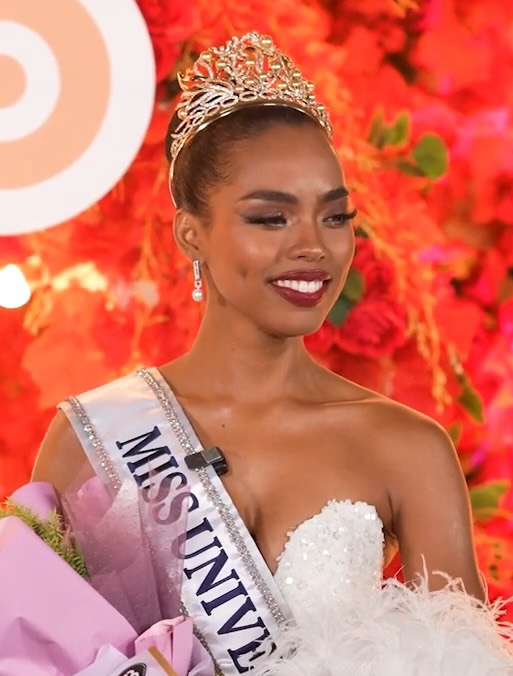Beauty pageants are often dismissed for objectifying women, preserving stereotypes and promoting unrealistic beauty standards. However, pageants have acclimated to modern times to uphold values of inclusivity and self-expression. Pageant critics, such as Brown’s Political Review’s Sofie Zeruto, believe that “the notion of ranking women based on attractiveness, even with the added modern categories of personality and intelligence, is dehumanizing.” However, popular beauty competitions such as Miss Universe, Miss America and Miss USA have transformed their narrative to focus on characteristics other than physical appearance, such as personal growth, advocacy and diversity. Rather than perpetuating stereotypes, beauty pageants now reflect and support contemporary societal values by acknowledging past flaws and demonstrating a willingness to change.
Historically, beauty pageants have exemplified bias toward specific skin tones, physical features and gender identities. The Miss Universe contest encourages women worldwide to celebrate diversity and dismantle narrow definitions of beauty. Their website states that “[t]he competition brings together women from various backgrounds, cultures, and ethnicities, promoting unity and understanding.” The emphasis on including women of different backgrounds challenges outdated ideals and embraces a diverse range of beauty.
The Miss Universe pageant caused controversy by going against traditional notions of femininity and expanding its contestants to transgender women. In 2018, Ángela Ponce made history as the first transgender woman to represent Spain in the competition, “marking a milestone,” according to NBC. Furthermore, the Miss America contest eliminated its problematic swimsuit segment to redirect the competition’s focus away from body image. The pageant aims to promote contestants’ intellectuality and hard-earned achievements. Removing the segment broadcasts a powerful message to the audience that beauty is not limited to one group of people, and emphasizes the message of self-love and hard work.
In addition to challenging traditional beauty standards, beauty pageants often promote social change. Former Miss USA Cheslie Kryst and her mother, April Simpkins, co-authored “By the Time You Read This: The Space Between Cheslie’s Smile and Mental Illness.” The book discusses Krsyt’s personal experiences and internal struggles during her life. Following Krsyt’s suicide, Simpkins utilized the book to raise awareness about mental health and provide advice to others coping with similar grief. The platform Kryst gained as Miss USA played a pivotal role in amplifying the importance of mental health over a large audience.
Overall, beauty pageants have changed dramatically to embrace modern societal values. While critics are concerned about the objectification and dehumanization of contestants, these competitions instead highlight qualities that extend beyond beauty standards. By opening their stages to participants of different cultures, races and gender identities, pageants provide more nuance to the definition of beauty.











































